African safaris are among the most iconic travel experiences for Nigerians looking for adventure, wildlife encounters, and cultural exploration. Traveling from the savannahs of Kenya to the deserts of Namibia requires careful thought about destinations, timing, costs, and logistics. This guide offers a clear plan for Nigerians to arrange an unforgettable safari journey.
Why Nigerians Should Consider African Safaris
- Wildlife encounters: Watch the Big Five—lions, elephants, leopards, buffalo, and rhinos—in their natural habitats.
- Cultural experiences: Connect with local communities, learn about traditional practices, and explore local art.
- Photography and adventure: Safaris offer unique chances for wildlife photography, nature walks, and guided tours.
- Eco-tourism support: Responsible safari travel helps wildlife conservation and local economies.
Top African Safari Destinations
1. Kenya, Maasai Mara
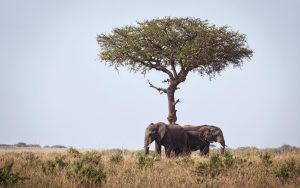
- Known for the Great Migration from July to October.
- Has luxury lodges, tented camps, and guided game drives.
2. Tanzania, Serengeti & Ngorongoro Crater
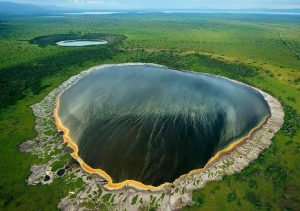
- Features vast savannahs and various wildlife.
- Ngorongoro Crater offers a great area for seeing multiple species.
3. South Africa, Kruger National Park
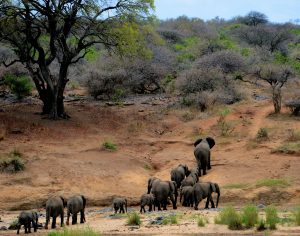
- Easy to access with good infrastructure.
- Provides self-drive safaris and guided tours with luxury lodges.
4. Botswana, Okavango Delta

- Offers water-based safaris on mokoro canoes for a unique experience.
- Features remote luxury camps with exclusive wildlife encounters.
5. Namibia, Etosha National Park

- Desert landscapes and salt pans create a stunning backdrop.
- Great for wildlife spotting during the dry season.
Planning Your Safari: Step-by-Step
1. Choose the Destination: Consider wildlife diversity, accessibility from Nigeria, and available tour packages.
2. Decide on the Safari Type:
- Guided group tours: Affordable, social, and well-organized.
- Private safaris: Tailored experiences, higher cost, more flexibility.
- Self-drive: South Africa is popular for self-drive safaris, offering independence and adventure.
3. Select the Timing:
- Dry season is best for wildlife spotting.
- Check migration patterns for seasonal highlights.
4. Budgeting:
- Include flights, accommodation, park fees, meals, tips, and souvenirs.
- Luxury lodges cost more but provide better amenities; budget options exist for mid-range travelers.
5. Book Accommodations and Tours:
- Reserve in advance, especially during peak seasons.
- Consider lodges, tented camps, and eco-camps.
6. Arrange Travel Documents:
- Ensure passport validity (at least six months beyond travel date).
- Obtain necessary visas for safari countries.
- Check vaccination requirements, especially yellow fever.
7. Pack Wisely:
- Lightweight, neutral-colored clothing for camouflage.
- Comfortable walking shoes, hats, and sunscreen.
- Binoculars, cameras, insect repellent, and reusable water bottles.
Safety Tips for Nigerian Travelers
- Follow advice from safari guides and park authorities.
- Keep a safe distance from wild animals.
- Drink only bottled or purified water.
- Have travel insurance that covers medical emergencies and evacuation.
Wildlife Photography Tips
- Use zoom lenses to stay at a safe distance.
- Shoot in the early morning or late afternoon for better light.
- Skip flash photography, as it can disturb animals.
Cultural and Ethical Considerations
- Honor local communities and traditions.
- Avoid feeding or approaching animals.
- Support eco-friendly lodges and responsible tour operators.
Planning an African safari from Nigeria requires careful preparation, from choosing the right destination and safari type to handling visas and accommodations. With proper planning, Nigerians can enjoy fascinating wildlife experiences, beautiful landscapes, and meaningful cultural encounters. Safaris are not just vacations—they are journeys into Africa’s heart, creating lasting memories.


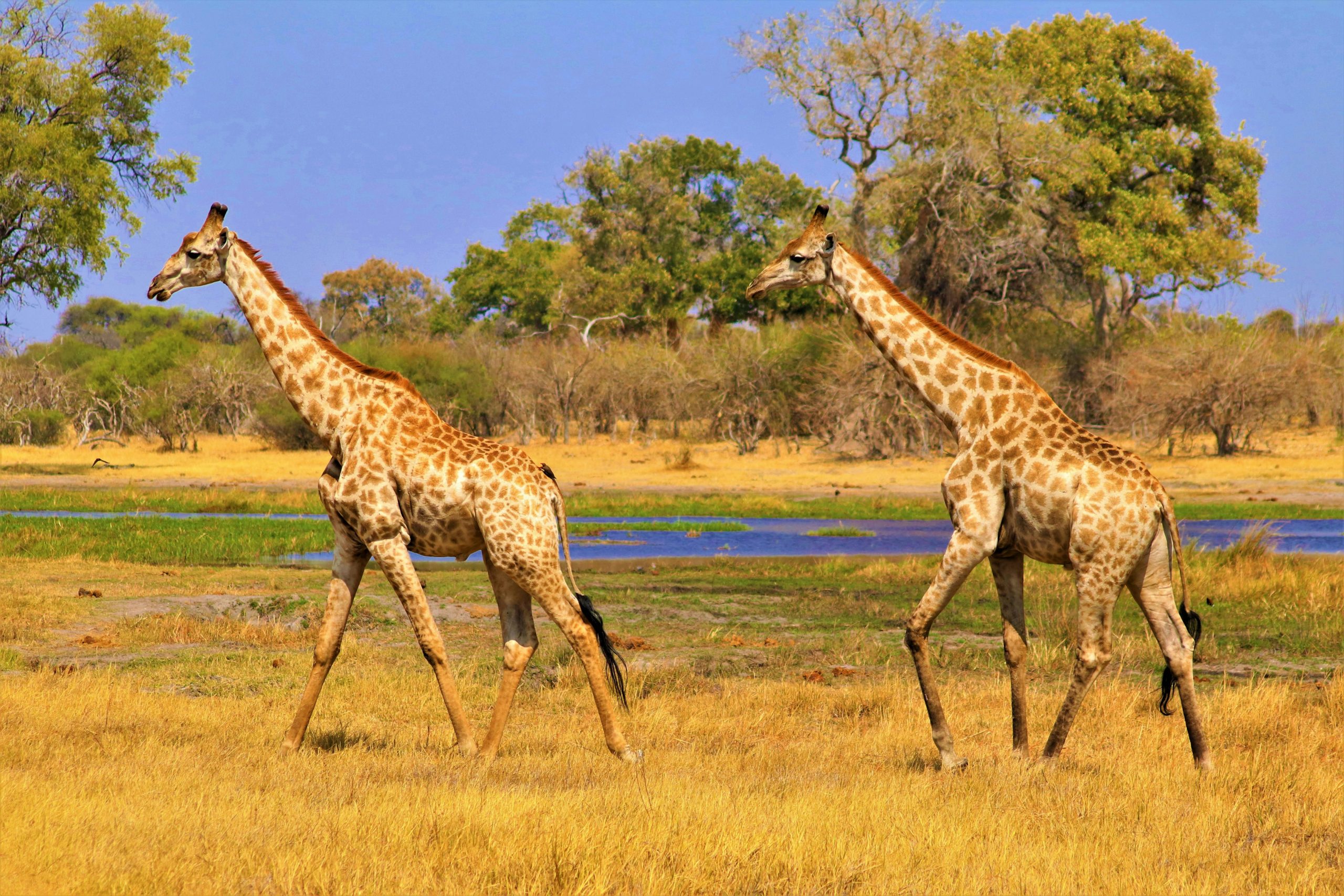
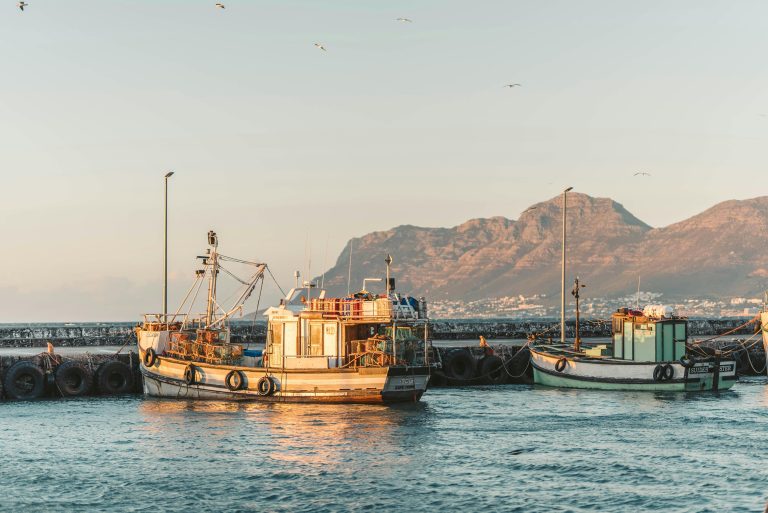

Leave a Comment